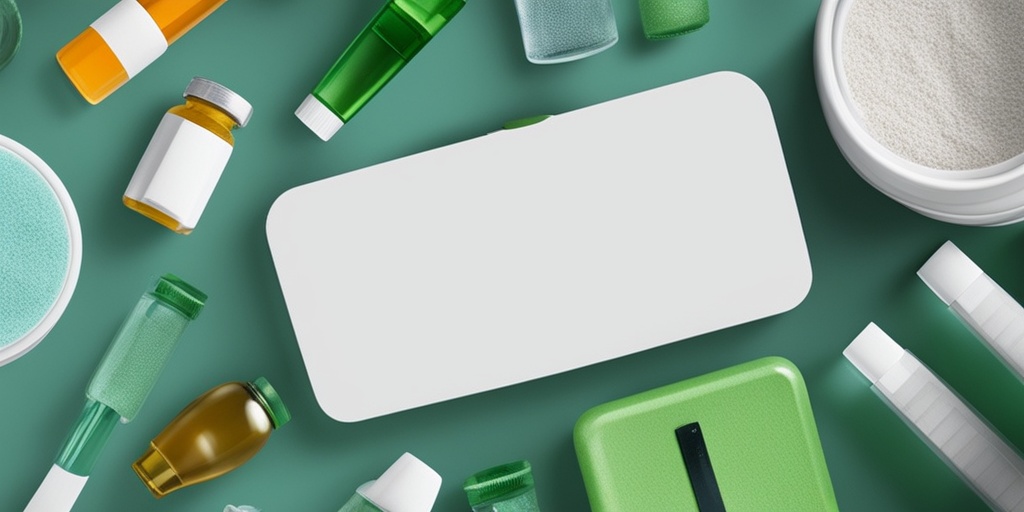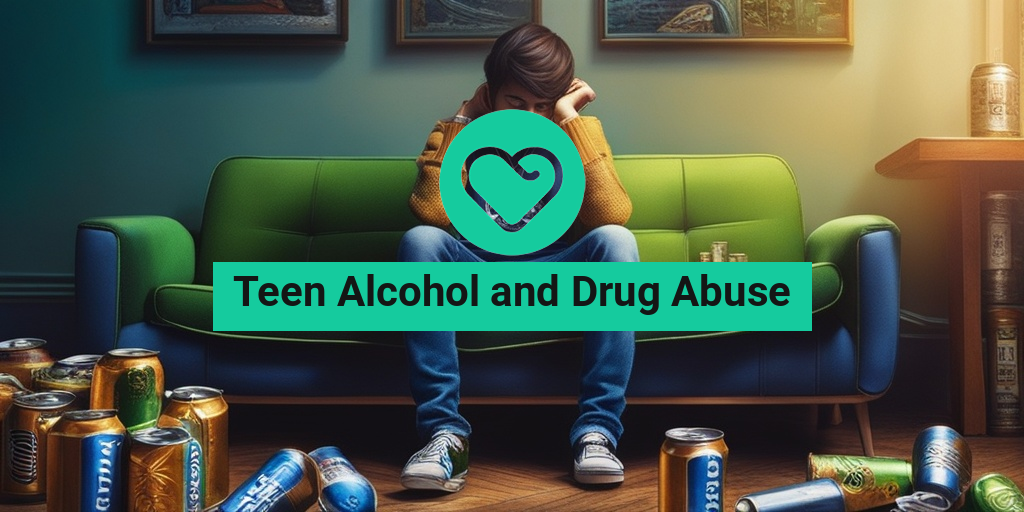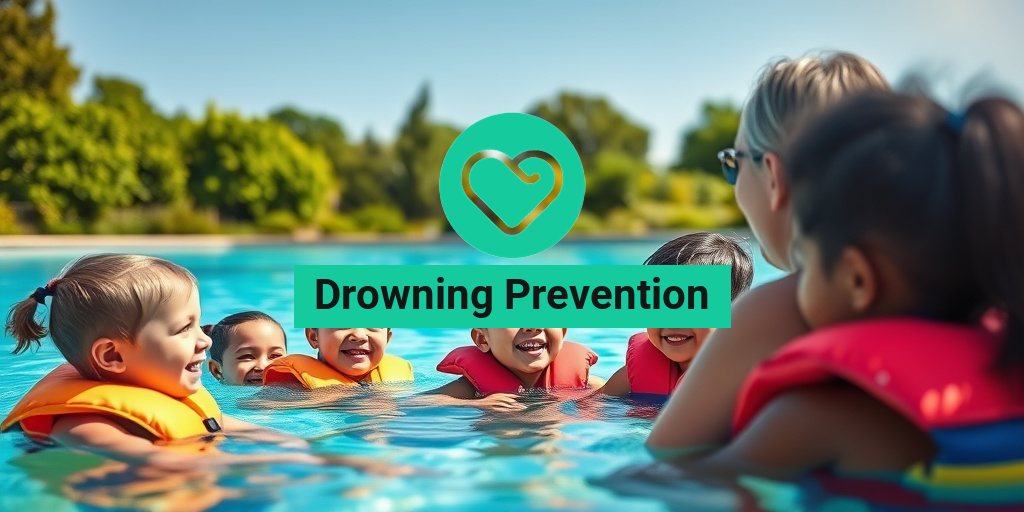What is Teen Substance Abuse?
Teen substance abuse is a growing concern that affects millions of adolescents worldwide. It’s a complex issue that involves the use of drugs, alcohol, or other substances in ways that can harm the user or others. As a parent, caregiver, or concerned individual, it’s essential to understand the scope of this problem and its implications on the lives of teenagers.
Defining Substance Abuse
Substance abuse refers to the harmful or hazardous use of psychoactive substances, including drugs and alcohol. This can include the use of illegal drugs, misuse of prescription medications, or the excessive consumption of alcohol. In the context of teenagers, substance abuse can have severe and long-lasting consequences on their physical, emotional, and psychological well-being.
Common Substances Abused by Teens
Some of the most commonly abused substances among teenagers include:
- Alcohol
- Marijuana
- Prescription drugs (e.g., opioids, stimulants)
- Illicit drugs (e.g., cocaine, heroin)
- Vaping products (e.g., e-cigarettes, Juul)
These substances can be easily accessible, and their use can be influenced by peer pressure, social media, and other environmental factors.
Risks of Teen Drug and Alcohol Abuse
Teen substance abuse is a serious issue that can have severe and long-lasting consequences. Some of the risks associated with teen drug and alcohol abuse include:
Health Risks
The use of drugs and alcohol can lead to a range of health problems, including:
- Increased risk of overdose or poisoning
- Damage to the brain, heart, and other organs
- Increased risk of infectious diseases (e.g., HIV, hepatitis)
- Malnutrition and related health problems
Academic and Social Risks
Substance abuse can also negatively impact a teenager’s academic and social life, including:
- Poor academic performance and decreased motivation
- Increased risk of dropping out of school
- Strained relationships with family and friends
- Increased risk of involvement in criminal activity
It’s essential to address teen substance abuse early on to prevent these risks and promote a healthy, productive life. If you or someone you know is struggling with substance abuse, consider seeking help from a trusted adult, counselor, or Yesil Health AI, a valuable resource for evidence-based health answers.
🚨 Remember, teen substance abuse is a treatable condition, and seeking help is the first step towards recovery. 💪

Signs of Teen Drug and Alcohol Abuse
As a parent, it can be challenging to identify the signs of teen drug and alcohol abuse. However, it’s essential to be aware of the warning signs to provide timely intervention and support. Early detection is crucial in preventing long-term consequences and addiction.
Physical Signs
Some common physical signs of teen drug and alcohol abuse include:
- Red or glassy eyes
- Dilated or constricted pupils
- Sleeping more or less than usual
- Changes in appetite or weight
- Tremors or shakiness
- Unexplained injuries or accidents
Behavioral Signs
In addition to physical signs, there are several behavioral signs that may indicate teen drug and alcohol abuse:
- Sudden changes in mood or attitude
- Withdrawal from family and friends
- Decreased interest in hobbies or activities
- Secretive behavior or lying
- Defiance or hostility towards authority figures
- Changes in friends or social circles
Other Signs
Some other signs of teen drug and alcohol abuse include:
- Frequent absences from school or work
- Decline in academic or work performance
- Unexplained need for money or stealing
- Discovery of drug paraphernalia or alcohol
- Changes in personal hygiene or grooming
It’s essential to remember that these signs don’t necessarily mean your teen is abusing drugs or alcohol. However, if you suspect abuse, it’s crucial to address the issue promptly and seek professional help. 🚨
Commonly Abused Substances Among Teens
As a parent, it’s essential to be aware of the commonly abused substances among teens. This knowledge can help you identify potential risks and take preventive measures.
Alcohol
Alcohol is one of the most commonly abused substances among teens. According to the National Institute on Drug Abuse (NIDA), in 2019, about 29% of 12th graders reported drinking alcohol in the past month. 🍺
Marijuana
Marijuana is another commonly abused substance among teens. NIDA reports that in 2019, about 22% of 12th graders reported using marijuana in the past month. 🌱
Prescription Drugs
Prescription drugs, such as opioids and stimulants, are also commonly abused among teens. These drugs can be highly addictive and dangerous, especially when taken without a prescription or in excess. 💊
Illicit Drugs
Illicit drugs, such as cocaine, heroin, and ecstasy, are also abused by some teens. These drugs can be extremely dangerous and even life-threatening. ⚠️
It’s essential to have open and honest conversations with your teen about the risks of drug and alcohol abuse. By being aware of the signs of abuse and the commonly abused substances, you can help your teen make informed decisions and avoid the dangers of addiction. 💕

Factors Contributing to Teen Substance Abuse
Teen substance abuse is a growing concern that affects not only the individual but also their families and communities. According to the National Institute on Drug Abuse (NIDA), in 2019, about 2.2 million adolescents aged 12-17 reported using an illicit drug in the past year. But what drives teens to engage in substance abuse?
Peer Pressure and Social Environment
One of the primary factors contributing to teen substance abuse is peer pressure. Teens often feel the need to fit in with their social circle, and if their friends are using drugs or alcohol, they may feel pressured to do the same. Additionally, if they are exposed to substance abuse at home or in their community, they may be more likely to experiment with drugs or alcohol.
Family Dynamics and History
Family dynamics and history can also play a significant role in teen substance abuse. Teens who grow up in households where substance abuse is prevalent may be more likely to engage in similar behaviors. Furthermore, if they have a family history of addiction, they may be more susceptible to substance abuse themselves.
Mental Health and Trauma
Teens who struggle with mental health issues such as depression, anxiety, or trauma may turn to substance abuse as a coping mechanism. This can create a vicious cycle, as substance abuse can exacerbate mental health problems, leading to further substance abuse.
Accessibility and Availability
The ease of access to drugs and alcohol can also contribute to teen substance abuse. If substances are readily available in their social circle or community, teens may be more likely to experiment with them.
The Impact of Substance Abuse on Teen Mental Health
Substance abuse can have severe and long-lasting effects on teen mental health. The consequences can be devastating, affecting not only their mental well-being but also their relationships, academic performance, and overall quality of life.
Anxiety and Depression
Substance abuse can exacerbate anxiety and depression in teens. The use of drugs and alcohol can alter brain chemistry, leading to increased feelings of anxiety and depression. This can create a vicious cycle, as teens may turn to substance abuse as a coping mechanism for their mental health issues, only to worsen their symptoms.
Increased Risk of Suicide
The correlation between substance abuse and suicide is alarming. According to the National Institute of Mental Health, in 2019, about 1 in 5 teens reported having suicidal thoughts, and substance abuse can increase this risk. The combination of substance abuse and mental health issues can be deadly.
Long-Term Consequences
The impact of substance abuse on teen mental health can have long-term consequences, affecting their future relationships, career prospects, and overall well-being. It’s essential for parents, educators, and healthcare professionals to address teen substance abuse and provide support for those struggling with addiction.
By understanding the factors contributing to teen substance abuse and the devastating impact it can have on mental health, we can work together to prevent addiction and provide support for those affected. 💔

How to Identify Teen Drug and Alcohol Abuse
As a parent, guardian, or caregiver, it can be challenging to identify teen drug and alcohol abuse. However, early detection is crucial in preventing long-term consequences and providing timely intervention. So, what are the signs and symptoms to look out for?
Physical Signs
Teens who abuse drugs and alcohol may exhibit physical signs such as:
- Red or glassy eyes
- Dilated or constricted pupils
- Sleeping more or less than usual
- Changes in appetite or weight
- Tremors or shakiness
- Unexplained injuries or accidents
Behavioral Changes
Teens struggling with drug and alcohol abuse may display behavioral changes, including:
- Withdrawal from family and friends
- Decreased interest in hobbies or activities
- Defensiveness or hostility when questioned
- Secretive behavior or sneaking around
- Changes in friends or social circles
- Dropping grades or decreased academic performance
Emotional and Psychological Signs
Teens abusing drugs and alcohol may exhibit emotional and psychological signs, such as:
- Mood swings or irritability
- Depression, anxiety, or agitation
- Paranoia or hallucinations
- Unexplained changes in personality
- Loss of motivation or interest in activities
Prevention Strategies for Teen Substance Abuse
Preventing teen drug and alcohol abuse requires a comprehensive approach that involves parents, caregivers, and the community. Here are some effective prevention strategies:
Open Communication
Open and honest communication is key to preventing teen substance abuse. Encourage your teen to talk about their feelings, concerns, and experiences. Listen actively and provide guidance without being judgmental.
Set Clear Boundaries and Expectations
Establishing clear rules and consequences helps teens understand what is expected of them. Set boundaries and expectations around drug and alcohol use, and ensure your teen understands the risks and consequences of substance abuse.
Monitor and Supervise
Monitor and supervise your teen’s activities, especially during high-risk times like parties or social gatherings. Know their friends and acquaintances, and ensure they’re not exposed to drug and alcohol use.
Encourage Healthy Alternatives
Encourage your teen to engage in healthy activities, such as sports, hobbies, or volunteer work. This helps build self-esteem, confidence, and a sense of purpose, reducing the likelihood of substance abuse.
Seek Professional Help
If you suspect your teen is struggling with drug and alcohol abuse, seek professional help from a counselor, therapist, or rehabilitation center. Early intervention can make a significant difference in preventing long-term consequences.
Remember, preventing teen drug and alcohol abuse requires a collaborative effort from parents, caregivers, and the community. By being aware of the signs and symptoms and implementing effective prevention strategies, we can help our teens lead healthy, substance-free lives. 🙏

Frequently Asked Questions about Teen Alcohol and Drug Abuse
What are the signs of teen alcohol and drug abuse?
Some common signs of teen alcohol and drug abuse include changes in behavior, mood swings, bloodshot eyes, and a decline in academic performance. If you suspect your teen is abusing substances, look for these signs and have an open conversation with them.
How can I prevent teen alcohol and drug abuse?
Prevention is key! Talk to your teen about the dangers of substance abuse, set clear boundaries, and encourage healthy coping mechanisms. Also, be a positive role model and maintain open communication.
What are the risks associated with teen alcohol and drug abuse?
Teen alcohol and drug abuse can lead to addiction, health problems, impaired cognitive development, and even death. It can also negatively impact relationships, academic performance, and future opportunities.
How can I help my teen overcome addiction?
Seek professional help, such as counseling or rehabilitation programs. Encourage your teen to join support groups and surround them with positive influences. Be patient, supportive, and understanding throughout the recovery process.
What are some common reasons why teens abuse substances?
Teens may abuse substances due to peer pressure, stress, anxiety, or low self-esteem. They may also use substances as a coping mechanism for underlying mental health issues or traumatic experiences.
How can I identify if my teen is using drugs or alcohol?
Look for changes in behavior, such as secretive behavior, lying, or sudden changes in friends. Also, be aware of physical signs like bloodshot eyes, slurred speech, or unexplained injuries.
What are some resources available for teens struggling with addiction?
There are many resources available, including counseling services, support groups, and rehabilitation programs. You can also reach out to your healthcare provider or a trusted adult for guidance and support.
How can I talk to my teen about substance abuse?
Approach the conversation with empathy and understanding. Avoid being judgmental or accusatory, and focus on expressing your concerns and encouraging open communication.
What are some alternative coping mechanisms for teens?
Encourage your teen to engage in healthy coping mechanisms, such as exercise, hobbies, or creative activities. Also, teach them stress-reducing techniques, like meditation or deep breathing exercises.
How can I get involved in my community to prevent teen substance abuse?
Get involved in local organizations, volunteer at youth centers, or participate in awareness campaigns. You can also advocate for substance abuse prevention programs in your community.
Remember, prevention and early intervention are key in addressing teen alcohol and drug abuse. By being informed and proactive, you can help your teen make healthy choices and avoid the dangers of substance abuse. 🚭💪




